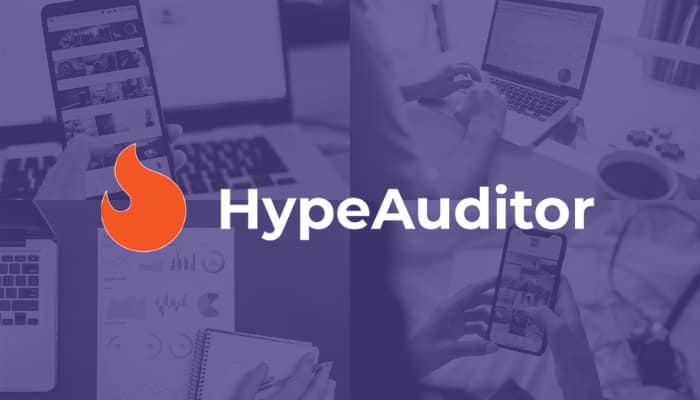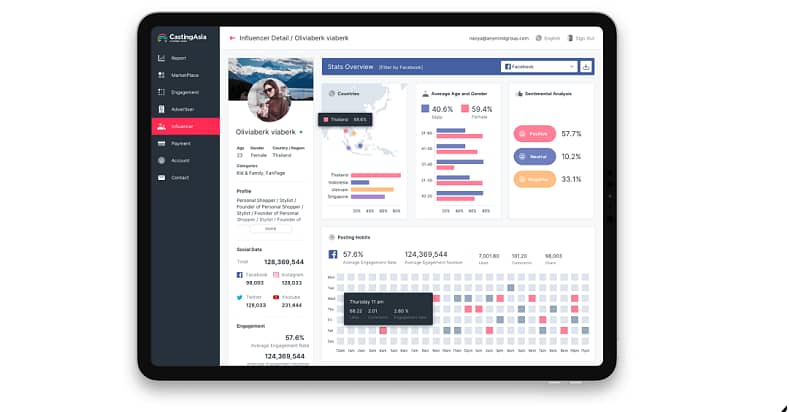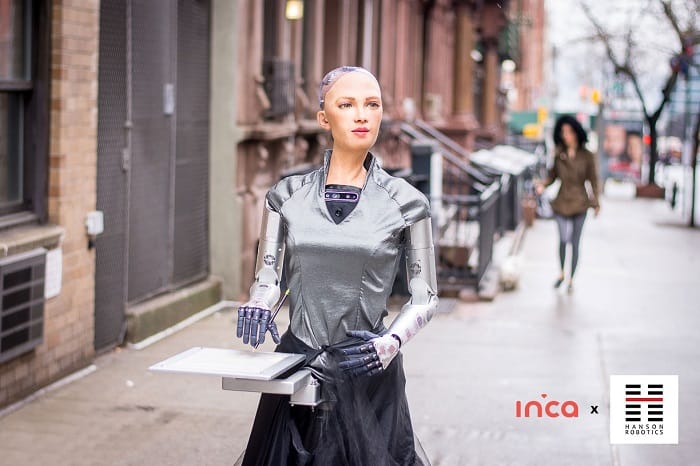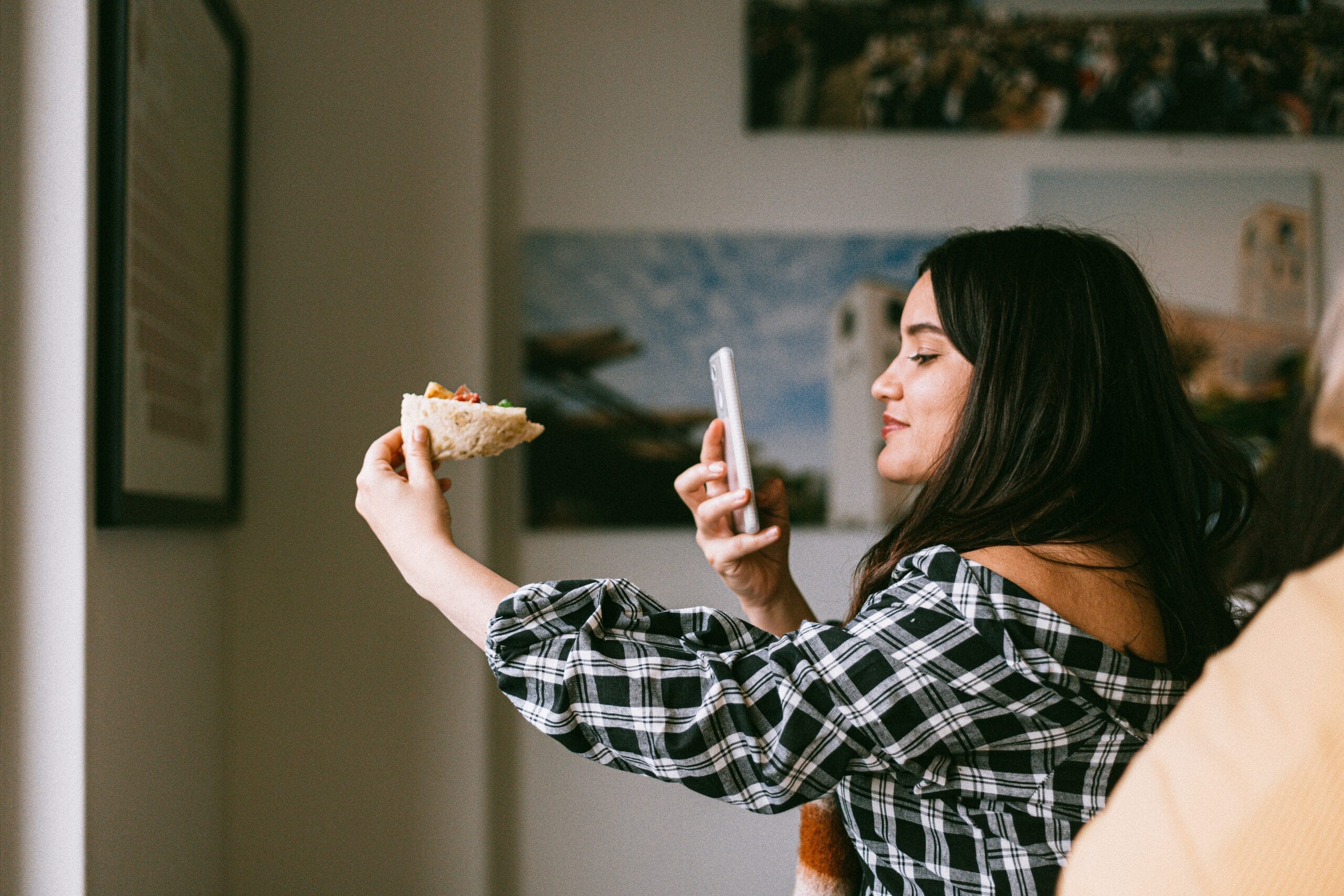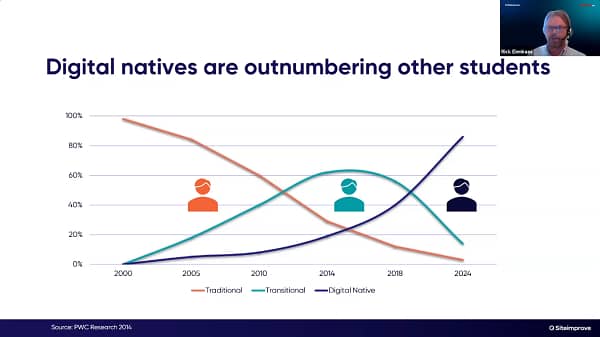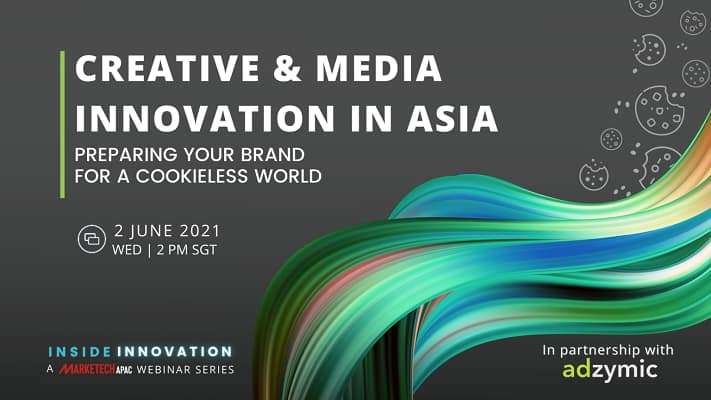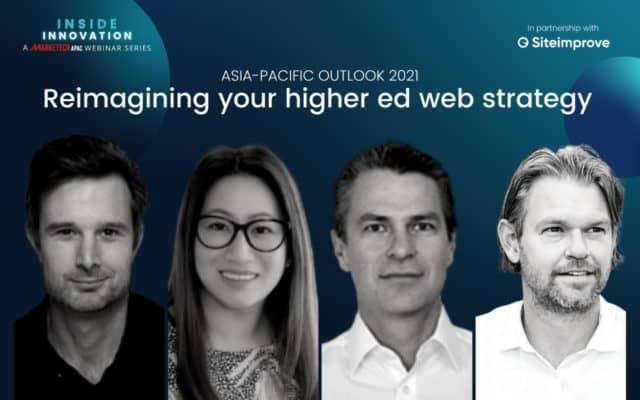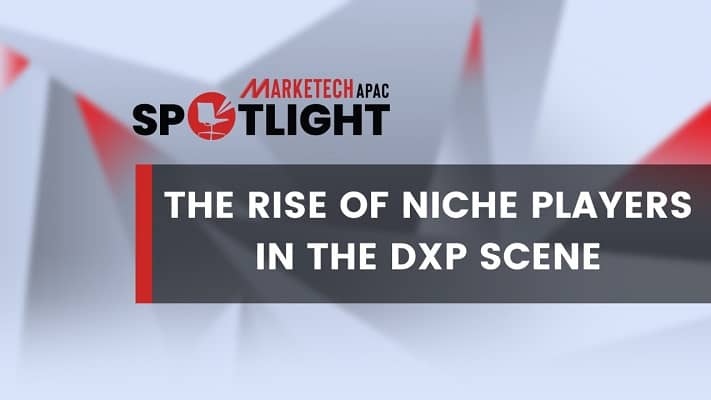Influencers are being upended by virtual influencers – computer-generated influencers that operate like real-life ones. Brands are increasingly seeking to partner with them, or even create them, to tap into their fan base through endorsement deals. Virtual influencers have emerged in the last few years as, arguably, the next big thing in influencer marketing.
Characters like Lil Miquela (3.1 million Instagram followers) and Knox Frost (791,000 followers) who are both Instagram-verified, have worked with all sorts of brands and entities, from Calvin Klein and Dior to Samsung and the World Health Organization. According to an analysis published on Bloomberg by OnBuy, a U.K.–based online marketplace, Lil Miquela is estimated to make over $10M per year — for the company that created her. With 3.1 million followers on Instagram, HypeAuditor, an analytical platform for influencer marketing, estimates that she charges around $12,500 per sponsored post, making her the highest-paid ‘robot influencer’.
Virtual influencers have quickly gained traction within the industry. Technology is enabling studios and advertisers to create virtual influencers that seem almost real, giving them personalities and lives that they share with consumers, to try and form a connection with people. And brands have found that they offer certain advantages over real influencers.
First, they are cost-effective, and content can be produced relatively quickly — it is very simple for a graphics designer to give a virtual influencer a new wardrobe and place them in any location on Earth, compared to having to fly or drive a real influencer to a specific location for a photoshoot.
Second, they seem to be relatively effective. Influencer marketing is already one of the most effective methods to bridge the gap between a brand and its audience by leveraging an influencer’s authenticity and engagement with their fanbase. Our research finds that virtual influencers have almost three times the engagement rate of real influencers, indicating that their followers are more likely to like and comment on their content compared to the content produced by their human counterparts.
Third, and perhaps most important, is that they are controllable and pose a significantly lower risk to a brand’s reputation. Given that virtual influencers are scripted and controlled by their creators, there’s much less chance that they will embarrass their clients by posting something offensive or controversial on their social pages. So in many ways, virtual influencers may appear like the safest option for brands.
However, brands would be wise not to get too caught up in the hype, as there are some issues around virtual influencers.
While virtual influencers have a higher engagement rate than human influencers, HypeAuditor’s research found that 48 percent of virtual influencers had negative follower growth in 2020, meaning that they are losing followers. This may be because the accounts were losing bots, or that their audience simply did not like the content and were unfollowing them.
Another concern is around regulation. Many have questioned if virtual influencers conflict with the rules set by advertising watchdogs. For instance, the Australian Association of National Advertisers Code of Ethics requires an influencer to disclose that a post is a paid endorsement of a product or service. And this is complemented by the Competition and Consumer Act which covers ‘misleading and deceptive conduct’. Obviously, virtual influencers have not and can never try the products they promote themselves, which can be viewed as misleading and deceptive, even if they disclose the paid partnership.
The fact that some virtual influencers look so life-like could also potentially mislead the public. HypeAuditor’s survey of Instagram users in 2019 by consultancy firm Fullscreen found that 42 percent of millennials and Generation Z have followed an influencer on the platform without realizing that they are computer-generated.
Because of this, it is predicted that the rising popularity of virtual influencers will also lead to calls for them to be regulated, so that they don’t deceive the public or mislead their followers.
And while virtual influencers are less likely to go off-message, brands do need to carefully consider what kind of biases a virtual influencer or their creators might have, as this could still cause damage to their brand’s reputation. Diversity and inclusivity are also highly important to consumers today, so brands must be careful when hiring virtual influencers instead of real human ones. French fashion house Balmain received criticism in 2018 for using three ‘diverse’ virtual influencers in a campaign, rather than hiring actual diverse human beings.
Influencer marketing has huge potential in the advertising industry, as it enables brands to form much more human connections between themselves and their audiences. While there is certainly a place in ad campaigns for virtual influencers to create engaging content, brands would be wise not to forget about their human counterparts.

HypeAuditor is an analytical platform that helps brands manage the effectiveness of their influencer marketing campaigns.



